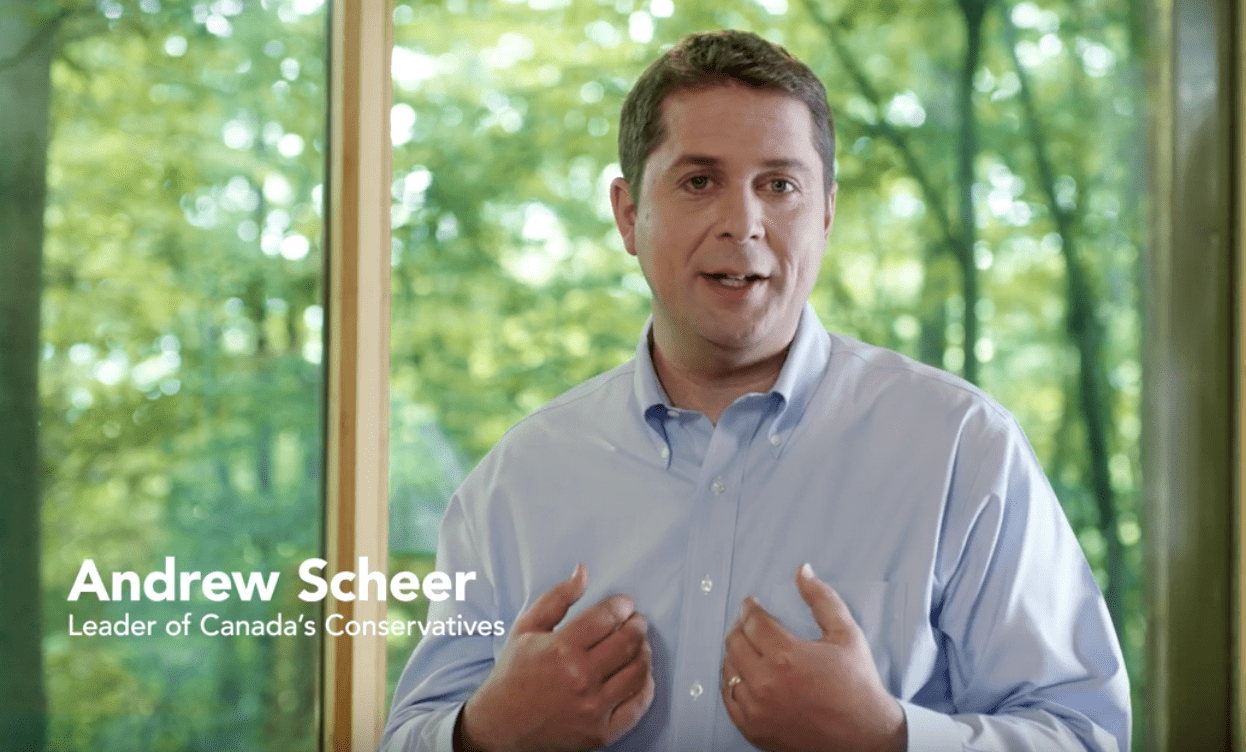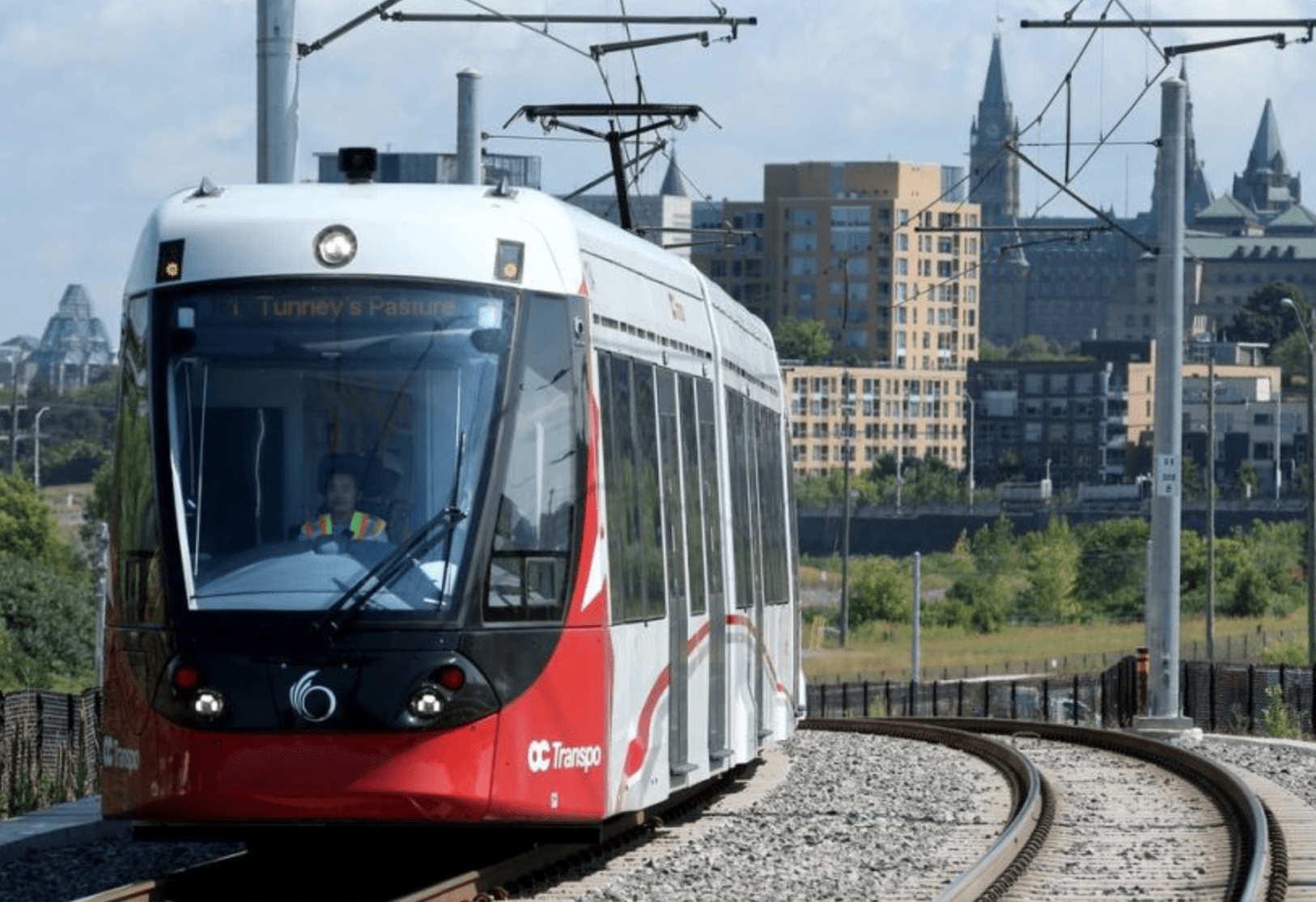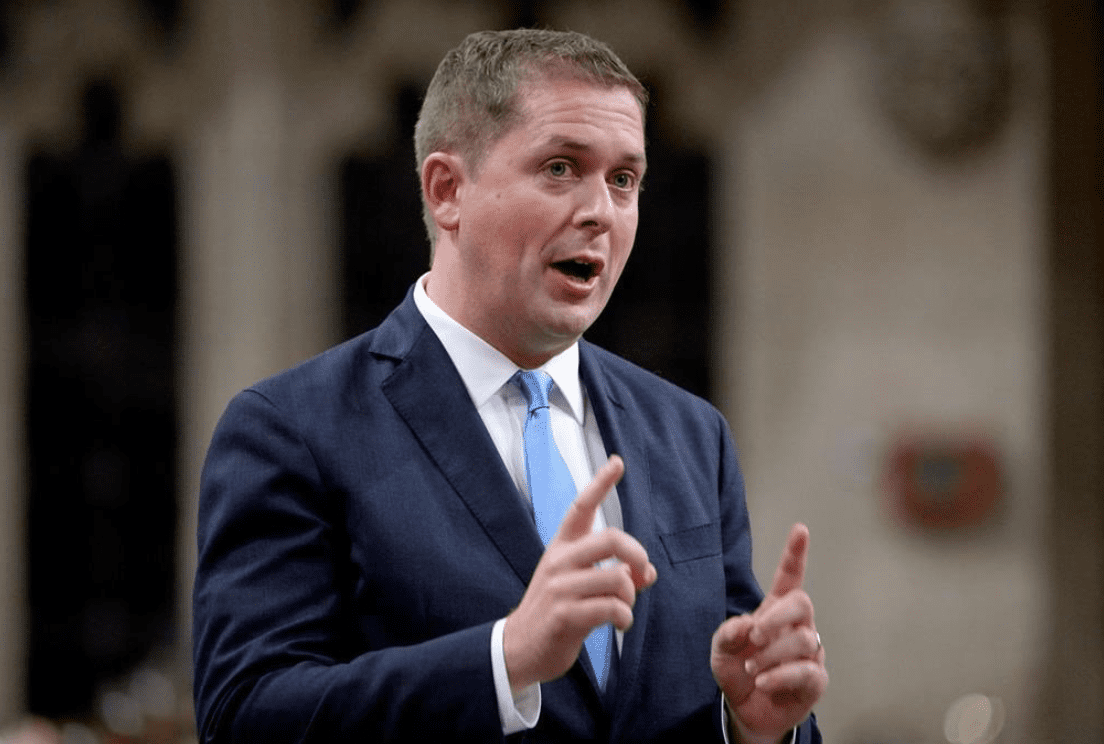This content is restricted to subscribers

The views, opinions and positions expressed by columnists and contributors are the author’s alone. They do not inherently or expressly reflect the views, opinions and/or positions of our publication.

This content is restricted to subscribers
The views, opinions and positions expressed by columnists and contributors are the author’s alone. They do not inherently or expressly reflect the views, opinions and/or positions of our publication.

Ottawa finally got its train set. But now it's not working right and the mayor is "furious". Well, I told you so.
If you do not live in Canada's capital you might think what I just said is uninteresting. Both the bit about the new light rail transit (LRT) line that keeps getting stuck and the part where some columnist claims that for all his errors over the decades he managed to call one issue properly. But the thing is, that busted train is coming soon to a town near you in one form or another.
See, I didn't just get lucky when I warned that the LRT would come in overdue, overbudget and under expectations over and over again from 2008 on. I read a book first. A book that says it's been happening all over the world for decades for reasons that are not hard to understand but unfortunately it's mostly the wrong people paying attention.
The book in question was called Megaprojects and Risk: An Anatomy of Ambition so you can tell right away it's a Tom-Clancy-style page-turner. And I read it and talked about it so you wouldn't have to try to pronounce the names of the authors, who are Bent Flyvbjerg, Nils Bruzelius, Werner Rothengatter. Even the first names are challenging unless you're from Scandinavia and the only reason I spelled the last names properly is I cut and pasted. But the contents are pretty straightforward.
Over 70 years, across continents and from bridges to transit, megaprojects had cost more and worked worse than we were promised. And there's a reason why.
It's not that human beings are stupid. If it were, you'd expect as many projects to be better than expected as were worse. The problem is that human beings are cunning, and the incentives around big projects lead clever politicians and engineers to overpromise, reap the rewards, and move on before the costs are clear. These things take years to build, even decades, and once you've dug tunnels under half your city you can't just go "Never mind" and chuck the dirt back in.
You may object that in Ottawa's case some of the costs were clear early on, because the LRT was already malfunctioning before it was even finished almost a year late. So we found out quickly. But the process is more subtle than that objection allows for. Of course there are penalty clauses in the contracts, so politicians can thunder that the companies will pay. But the companies saw it coming 10 years off, and built enough room into the contracts for this particular piece of political economy theatre.
Also, the politicians can say that while they're waiting for the dumb company to fix the doors, install non-slip mats for Ottawa's famous winters (yes, it really is one of the issues) and otherwise iron out the wrinkles, the long-term payoff will be fabulous. And we won't be able to evaluate that claim until they've moved on to higher office or retired with lavish pensions we can't curtail or cancel if we end up thinking our train set is a dud.
The ultimate test of Ottawa's LRT is not whether the doors open and close and it doesn't stall between stations. Admittedly you'd think subways are sufficiently old news that such problems would not arise with the next one; they should be pretty much off the shelf at least in terms of the trains even if many routes pose unique challenges. But the big test is whether this investment, Ottawa's largest infrastructure project ever at $2.1 billion (just for the first phase; there's a $2.7 billion Phase 2 coming without which the first bit is basically pointless) is to relieve downtown congestion by having people take the train not the unmanageable stream of buses that had been doing the job.
The fact that the city has already had to put dozens of buses back into the system isn't encouraging. But we won't really know the effect for a decade or more. By which point the company will have moved on and so will the mayor and city council. And we sure can't stop now so keep those checks coming, folks.
The lesson here, for you as well as us, isn't to avoid infrastructure, obviously. Indeed, without having been near your home town I can bet it has a big scarily expensive infrastructure backlog and has had for decades. Which proves my point: Every time a city buys something big, from a sewer to a ferry, it costs more than expected, including maintenance that is underestimated or, surprisingly often, completely unbudgeted in the original project.
Again, once you have a sewer you have to patch it sooner or later. Usually later, so it's no use going after the people who originally built or authorized it. (Indeed, Ottawa fairly recently replaced sewer mains laid down around the First World War.)
Obvious, right? Well, here's the rub: As those unpronounceable authors wrote, nearly 20 years ago now but nothing has changed, "Cost overrun today is in the same order of magnitude as it was ten, thirty or seventy years ago…. No learning seems to take place… This seems strange and invites speculation that… strong incentives and weak disincentives for cost underestimation and thus for overrun may have taught project promoters what there is to learn, namely that cost underestimation and overrun pay off."
It sure looks that way. And if so, the lesson is simple: When buying infrastructure don't believe the boosters. Assume any shiny project you're being pitched will cost more and do less than they said, and figure out whether it's still worth it. Otherwise you may miss the train… but it won't miss you.
Photo Credit: Ottawa Citizen
The views, opinions and positions expressed by columnists and contributors are the author’s alone. They do not inherently or expressly reflect the views, opinions and/or positions of our publication.

Andrew Scheer is in a bit of a pickle, but he has survived, for now.
Hot off a damp squib of an election performance, the Conservative Party leader spent hours behind closed doors with his caucus. He came out to talk about what a united team they were, and how capable they are of having frank conversations.
For now, he's staying on in the big chair. There will be a leadership review in the spring at the party's convention, but until then his caucus is behind him.
In the meantime, he's going to keep giving his stump speech. Opposition to the carbon tax, the deficit is bad, and so on. However things went in that room, they went well enough that he was comfortable to make a similar pitch to what he'd just made in the election.
Scheer said he was disappointed in his loss, but said it was the first step toward forming a Conservative government. There will be a review of his campaign led by John Baird.
A possible heir to Scheer, Peter MacKay, certainly seemed to think Scheer should have done better. "Yeah, to use a good Canadian analogy, it was like having a breakaway on an open net and missing the net," MacKay said.
Beyond the regrettability of being so clichéd in his assessment, he also made the mistake of overstating how easy this election would have actually have been to win. It wasn't going to be easy, but it was there for the taking.
(MacKay has since come back to say that he never, ever intended this to be a challenge to Scheer's leadership. It's also possible we should take MacKay at his word, it wasn't meant as a public challenge, and he's simply a dolt.)
Anyhow, it was never going to be easy to unseat Justin Trudeau as prime minister. It wasn't impossible, though. Here was a PM who had been kicked around for months and had finally lost that fresh and shiny aura he was once surrounded by. Caught for months in an ugly ethics scandal, fought on behalf of a company that did not deserve the help. Then came the brownface, and then the blackface. Here was a guy who was beatable.
The thing is, Andrew Scheer could never have won, because he is Andrew Scheer.
Increasing his seat count by about 20 per cent, and getting more votes nationally for his party than for the Liberals — though heavily skewed toward blowouts in the west — is maybe a bit of a balm to the sting of losing. But it is not a great argument for success.
I think the clearest sign of this was present before the election even got going. The night of Jody Wilson-Raybould's testimony before committee, Scheer called a press conference to react not just with how appalled he was by the prime minister's behaviour, but to demand Trudeau resign.
It was this limp demand, one with zero chance of success, that showed how weak Scheer was. Unable to wait for the government to tear itself to shreds, he went straight to the biggest demand he could make. This is not the sign of a brilliant strategic mind at work. This is a guy with no vision announcing it as loudly as possible.
When he was on the campaign banging on about Trudeau not having the "moral authority" to govern because of the SNC-Lavalin scandal, it fell just as flat.
This was the limit of his skills. He didn't loose because he didn't have a climate plan. He didn't lose because he won't march — even now! — in a pride parade. He didn't lose because he showed up to the first French debate and flopped. He didn't lose because he smiled too much, or not enough.
He lost because of all of these things. Because when you look at his performance in its totality, the level of his poor judgement and bad ideas becomes clear.
It was Scheer who picked Hamish Marshall, a guy who sat on the board of The Rebel and managed their IT infrastructure, as his campaign manager. Marshall has since since said — after the site found itself in a bit of staff-hanging-with-Nazis hot water — he wasn't on the editorial side and wasn't responsible for that stuff. But the guy was on the board of directors! You can say all you want how little you support a thing, but it doesn't mean a damn thing if you were sitting on the board. He also seems like kind of a dick? Bad call by Scheer!
He proposed a bizarre energy corridor idea — perhaps better called a pipeline path, for accuracy and alliteration purposes — that would clear a swath of land from Alberta outward to get energy to international markets. Not only does the idea ignore the necessity of Indigenous consultation, but he kept insisting Quebecers preferred to use Canadian oil, than foreign oil. Quebec is pretty opposed to any pipeline expansion, and not even a Conservative-friendly government at the helm in Quebec City was receptive to this idea. Weird decision!
He would say as often as he would kill the carbon tax, and then talk about how he had a real plan to fight climate change when he clearly didn't. He went on, and on, and on, and on about the Trudeau campaign using two planes, to the point of calling Trudeau a "fake environmentalist." Which might have been credible coming from someone who was credibly for fighting climate change, but that wasn't Scheer. Not great!
I could probably go on, but you probably get the idea.
However the review of his campaign, and his leadership goes, Scheer is who he is. His strategy seems to be to carry on just as he has. It didn't seem to work the first time around, but he looks determined to try it again.
Photo Credit: CBC News
The views, opinions and positions expressed by columnists and contributors are the author’s alone. They do not inherently or expressly reflect the views, opinions and/or positions of our publication.